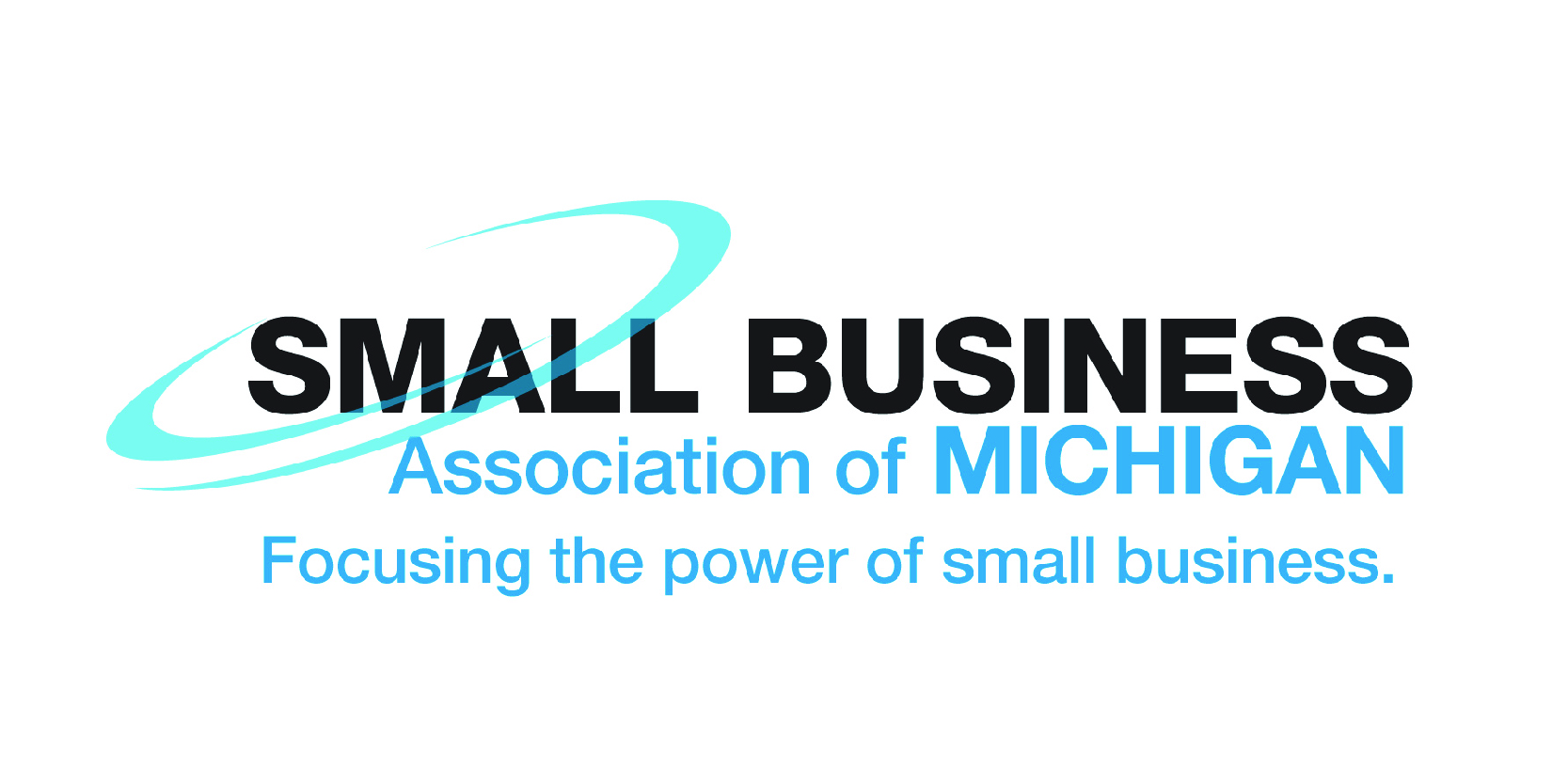-100.jpg?width=300&name=sbam%20logo%20(hubspot)-100.jpg)
By Michael Burns, courtesy of SBAM Approved Partner ASE
Following the May 25th Occupational Safety and Health Administration’s (OSHA) COVID-19 and vaccination guidance revisions, the Equal Employment Opportunity Commission (EEOC) released its technical guidance for employers regarding incentivization of vaccination programs.
The OSHA guidance appears to modify (as reported in last week’s EPTW) its previous guidance. The previous guidance stated that although employers with voluntary vaccination programs did not have to record adverse reactions to COVID vaccination on their Form 300, employers that mandate vaccination would have to record as an illness any employee that suffered an adverse reaction to vaccination. The new OSHA guidance states that OSHA will not enforce reporting on adverse reactions to vaccination. This is in effect until May 2022. The reason it gives for this is OSHA does not want to discourage workers from getting a COVID vaccination or disincentivize employer efforts to promote employee vaccination.
Related to governmental direction toward vaccinations and coming out Friday, May 28, the EEOC issued technical guidance to employers that will impact vaccination programs. As with the OSHA guidance, the EEOC addressed its assistance in the form of frequently asked questions.
The new EEOC guidance reiterates that employers may require all employees entering the workplace to be vaccinated against COVID. Employers must comply with reasonable accommodation provisions of the ADA, Title VII equal employment, and other EEO law (GINA). It also advised that employers should be cognizant of other laws that may place additional restrictions. These may come from the state or state agencies. Particular to equal employment, employers that mandate or just encourage vaccination should monitor whether this policy negatively impacts certain individuals or groups that would result in adverse impact discrimination because they “face greater barriers to” getting vaccinated.
Vaccine incentive programs are being implemented more and more. The EEOC advises employers that in the case of an employer or their agent administering the vaccination it should not push incentives or disincentives to a point where they cross the line into being coercive. This is particularly true when the employer is mandating or running their own vaccination program directly administering the vaccinations to its employees.
The employer that provides incentives for vaccination by a third party or its agent may offer an incentive of any kind.
Employers may also ask employees if they are vaccinated and to provide proof of vaccination. Employers are advised to ensure information collected about employee vaccination is kept confidential.
The guidance also states that employers are not restricted from providing education and information regarding the benefits of vaccination. The EEOC technical guidance site provides resources for more information. Michigan employers are also encouraged to go to the Protect Michigan Commission website for excellent promotional and communication resources directed toward educating employees on the benefits of COVID vaccination.














